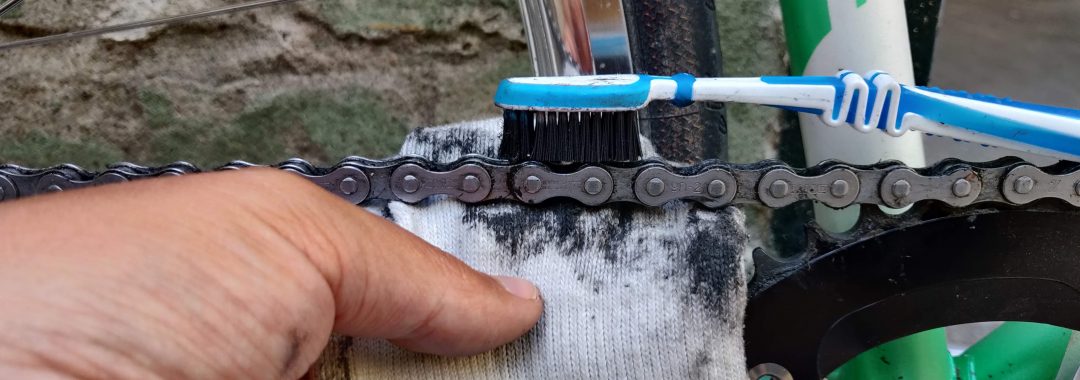Maintenance is the art and craft of keeping the material world going. We don’t even need to conjure the concept of “entropy” to see that the world we inhabit together would fall into complete disarray without sustained maintenance.
It is helpful to contrast maintenance with repair. Repair, and the breakdowns it is a reaction to, has been a productive topic for Science and Technology Studies (Denis and Pontille 2019). A lot can empirically be learned from instances of breakdown, and from observing the flurry of mending and re-organizing which foreground what had receded from view into the background (Bowker and Star 1999; Star 1999). On the other hand, paying attention to maintenance highlights the ongoing effort of stabilizing that which precedes breakdowns. Rather than reactive, the temporal work of maintenance is anticipatory, conservative, and open-ended in nature.
For anthropologists and sociologists of technology, studies of future-making are particularly relevant as much of technology discourse revolves around the future. Maintenance pre-empts some particular futures in the hope of circumventing them, while simultaneously inviting other futures by nourishing the conditions favourable to them. Therefore, we can – and should – carefully study which past futures are present, and what exactly keeps them going.
Research perspectives from the ethnography of infrastructure (Star 1999) and technography (Jansen and Vellema 2011) show that practical maintenance is typically distributed across actor-networks which include both humans and “non-humans” (Latour 1992; Latour 1994). Artefacts bear a large part of this maintenance burden. As inhabitants of the material world, we intuitively understand that bridge pylons, for example, will crumble unless maintained. Besides falling to the ground, the bridge can also fall out of fashion. This might be the case if we chose, say, to reshape our urban environments to make them more hospitable for bicycles. Or if we were to establish a new border checkpoint. Similarly, a software programming language or style of software design will eventually fall out of fashion, out of time. Re-alignment with current expectations of form and function are necessary. And here is the apparent conundrum: order and stability are outcomes of ongoing work.
Maintenance does not hinge on a single identifiable capacity, but instead it is plural, always reinvented, configured, produced and re-produced in unique situations with the resources at hand – which oftentimes are too few. While the bread and butter maintenance work of weaving together the old and the new resides with practitioners (Cohn 2019), the STS scholar can productively contribute by describing, analysing, contextualizing and theorizing these situations.
To feel your entanglement in these networks of maintenance, consider any concrete worldly artefact around you, and try repeating with us these words from Maria Puig de la Bellacasa (2019, p. 199): “I depend on what depends on you”.
Author: Mace Ojala
References
Bowker, G., & Star, S. L. (1999). Sorting Things Out: Classification and Its Consequences. MIT Press.
Cohn, M. (2019). Keeping Software Present: Software as a Timely Object for Digital STS. In J. Vertesi & D. Ribes (Eds.), Digital STS: A Field Guide for Science & Technology Studies (pp. 423–446). Princeton University Press.
Denis, J., & Pontille, D. (2019). Why do maintenance and repair matter? In A. Blok, I. Farías, & C. Roberts (Eds.), The Routledge Companion to Actor-Network Theory (pp. 283–293). https://hal-mines-paristech.archives-ouvertes.fr/hal-02172939
Jansen, K., & Vellema, S. (2011). What is technography? NJAS – Wageningen Journal of Life Sciences, 57(3), 169–177. https://doi.org/10.1016/j.njas.2010.11.003
Latour, B. (1992). Where are the missing masses? Sociology of a few mundane artefacts. In W. Bijker & J. Law (Eds.), Shaping Technology-Building Society. Studies in Sociotechnical Change (pp. 225–259). MIT Press. http://www.bruno-latour.fr/node/258.html
Latour, B. (1994). On Technical Mediation. Philosophy, Sociology, Genealogy. Common Knowledge, 3(2), 29–64.
Puig de la Bellacasa, M. (2017). Matters of Care. Speculative Ethics in More Than Human Worlds. University of Minnesota Press. https://www.upress.umn.edu/book-division/books/matters-of-care
Star, S. L. (1999). The Ethnography of Infrastructure. American Behavioral Scientist, 43(3), 377–391. https://doi.org/10.1177/00027649921955326
